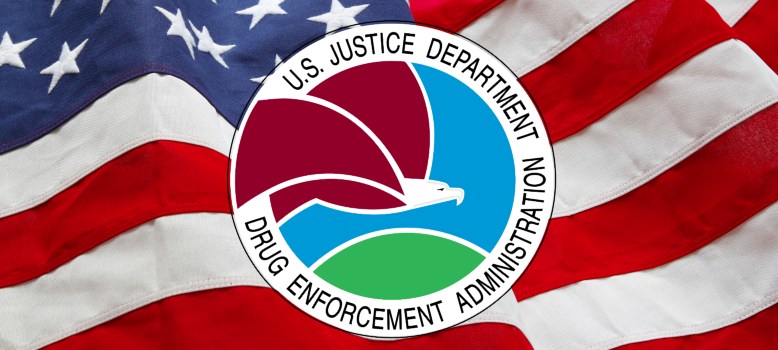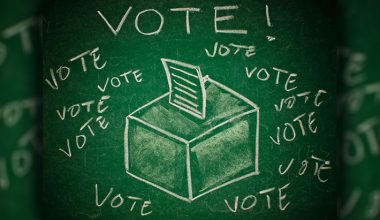
Opponents of marijuana legalization often allege that jurisdictions that have legalized adult-use marijuana sales experience subsequent rises in incidences of cannabis-induced psychosis and other adverse mental health consequences. But nearly a decade worth of scientific data from Canada and the United States refutes this contention.
For instance, a study published last year in an imprint of the Journal of the American Medical Association evaluated the relationship between U.S. legalization laws and psychosis rates in more than 63 million privately insured individuals. Researchers described it as the “largest [study] to quantify the association of medical and recreational cannabis policies with rates of psychosis-related health care claims across US states.”
Investigators concluded: “State medical and recreational cannabis policies were not associated with a statistically significant increase in rates of psychosis-related health outcomes.”
They’re not alone in this determination. A just-published consensus study compiled by the National Academies of Sciences, Engineering and Medicine concluded, “There is insufficient evidence of an association between cannabis policy and changes in mental and behavioral health.”
And new data from Canada, published this month in the journal Social Psychiatry and Psychiatric Epidemiology determined that cannabis-related emergency department visits declined among schizophrenia patients following Canada’s adoption of adult-use marijuana legalization.
“Our findings suggest that regulatory measures accompanying legalization could enhance the quality and safety of cannabis products, potentially leading to fewer adverse health outcomes in vulnerable patient populations,” the study’s authors wrote. “Furthermore, our study indicates that legalization and cannabis regulation, in certain contexts, may help reduce acute care utilization in vulnerable patient groups.”
Their findings are particularly relevant because it is well established that those suffering from schizophrenia, psychosis and similar conditions tend to consume cannabis, tobacco and other controlled substances at rates higher than those in the general population. Data also suggests that, in some cases, cannabis use may exacerbate symptoms of psychosis or even trigger a psychotic episode in those predisposed to it. Therefore, regulatory strategies that better educate, target and protect this vulnerable population is critically important.
On the other hand, sensationalizing claims that cannabis use poses significant mental health risks to those not predisposed to such conditions does little to promote either public health or responsible cannabis consumption. In fact, incidences of cannabis-induced psychosis in the general population are rare. When they do occur, they primarily manifest in those with pre-existing mental health conditions, such as bipolar disorder or schizophrenia.
Yet, even in these instances, it often remains unclear the degree to which cannabis use alone is responsible for these outcomes. That’s because marijuana use is one of multiple behaviors commonly associated with psychosis, including consuming alcohol, smoking cigarettes, watching extended hours of television daily and poor diet.
Consequently, little credence should be given to opponents’ allegations that cannabis legalization promotes either unique or significant risks to mental health. Rather, it should be acknowledged that those populations most vulnerable to cannabis-related adverse health events stand to benefit from a regulatory environment that promotes consumer education, product quality control and responsible use.
This op-ed originally appeared in Marijuana Moment.
Additional information is available from NORML’s white paper, Cannabis, Mental Health and Context: The Case For Regulation.
Related
Medical Disclaimer:
The information provided in these blog posts is intended for general informational and educational purposes only. It is not a substitute for professional medical advice, diagnosis, or treatment. Always seek the advice of your physician or other qualified healthcare provider with any questions you may have regarding a medical condition. The use of any information provided in these blog posts is solely at your own risk. The authors and the website do not recommend or endorse any specific products, treatments, or procedures mentioned. Reliance on any information in these blog posts is solely at your own discretion.






